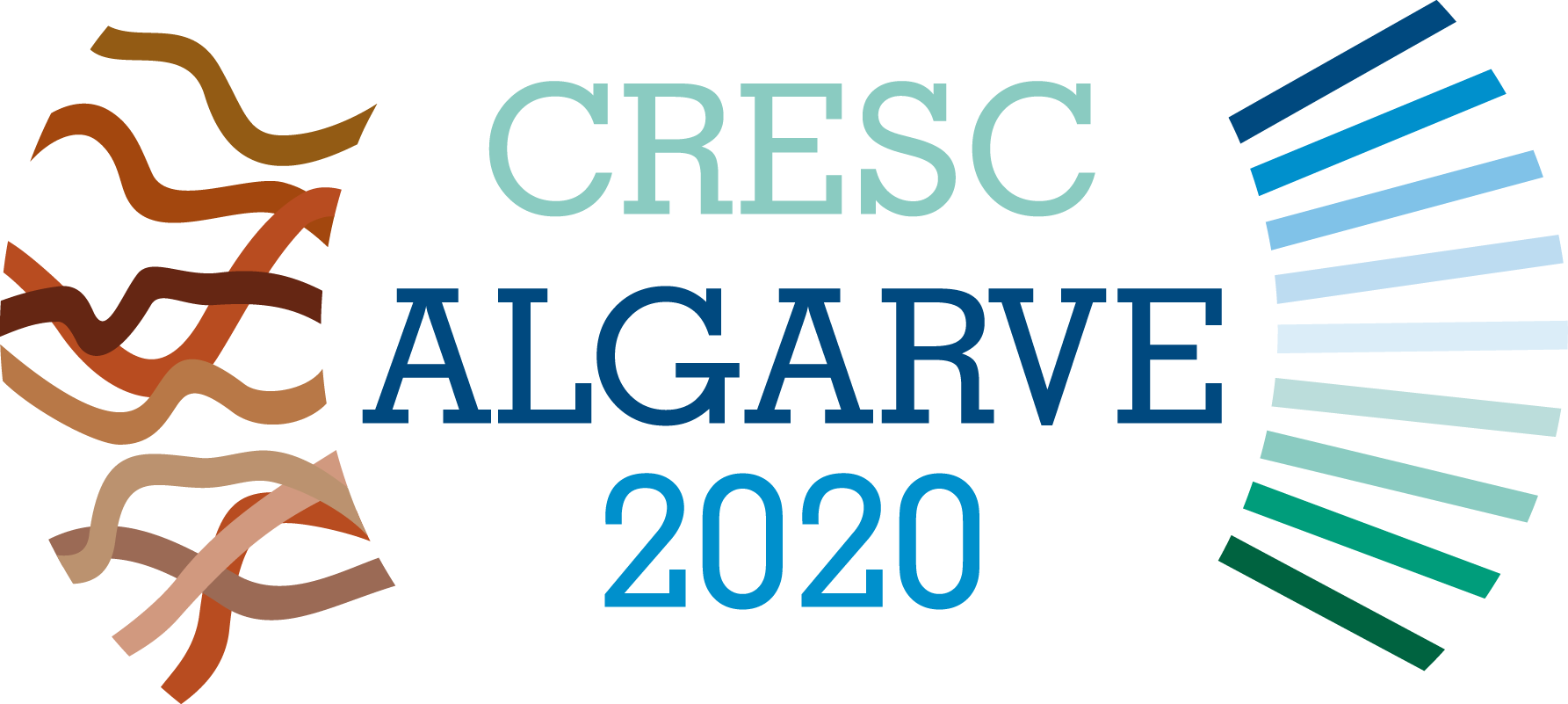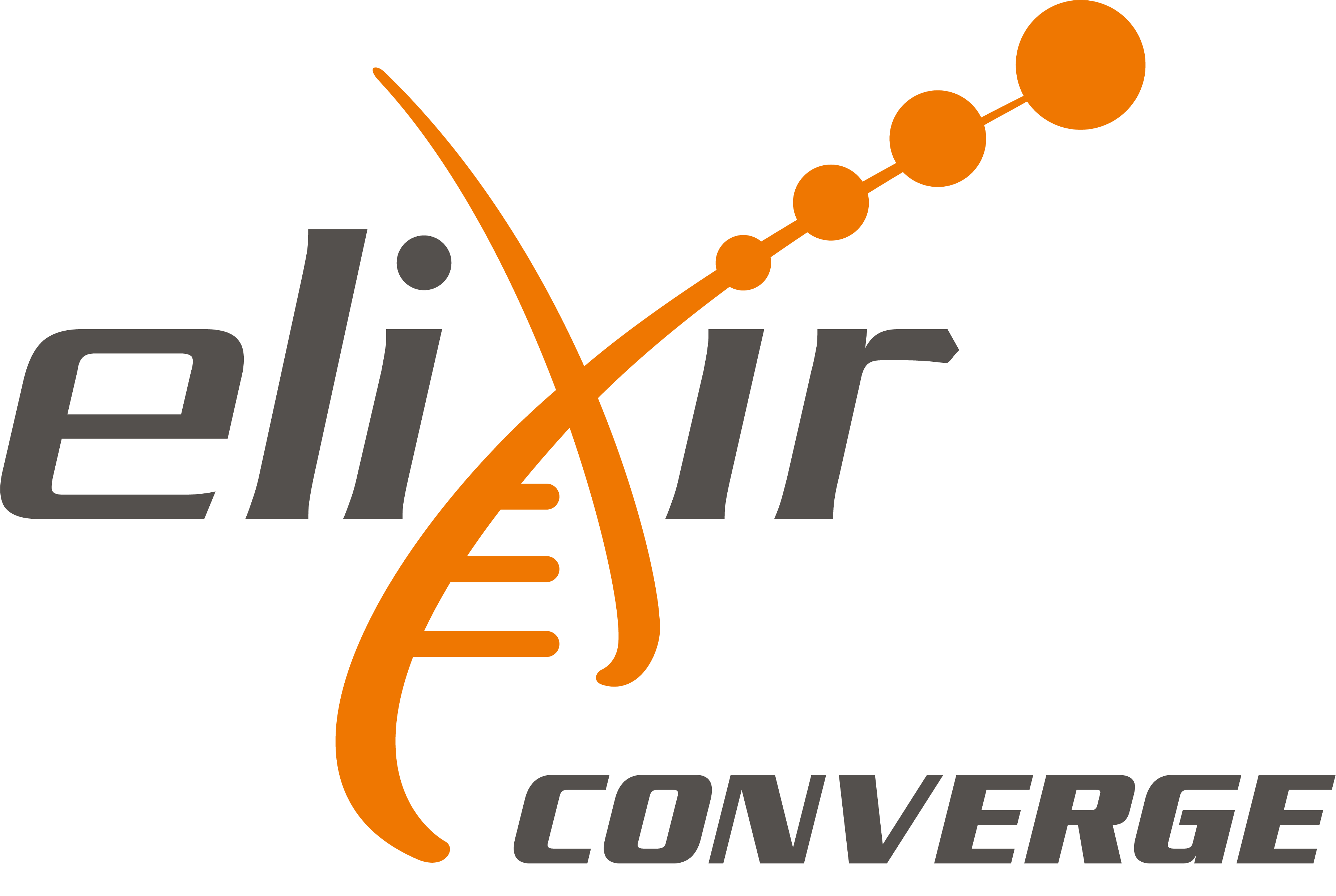Candidates with adequate profile will be accepted in the next 72 hours after the application until we reach 20 participants.
Course Description
Python is an object-oriented programming language that is ideal for biological data analysis. The course will start from zero knowledge, and will introduce the participants to all the basic concepts of Python such as calculating, organizing data, reading and writing files, program logic and writing larger programs. All the examples and practical sessions will focus on solving biological problems. In particular the sessions will cover:
- working with DNA and protein sequences
- data retrieval from files and their manipulation
- running applications, such as BLAST, locally and from a script
- finding motifs in sequence
- parsing common file formats (Uniprot, GenBank, PDB, BLAST) with Biopython
- ways to find and correct program errors
The course will be highly interactive and the students will continuously put theory into practice while learning. By the end of the course, the participants will have a good understanding of Python basics and will have acquired the skills to manage any type of bioinformatics database record and to run applications from scripts. Basic Unix/Linux skills will be provided at the beginning of the course. Target Audience End-users of bioinformatics databases and tools that aim at developing hands-on capabilities for biological data analysis, ie writing their own or adapting somebody else's Python scripts in an autonomous way. Course Pre-requisites Basic familiarity with bioinformatics data resources such as Uniprot/Swiss-Prot, Blast, ENSEMBL, PDB, etc. The course is directed to biologists with little or no programming experience and aims at making them capable to use Python to autonomously manage and analyse biological data.
Instituto Gulbenkian de Ciência
Rua da Quinta Grande, 6
2781-901 Oeiras
Portugal





